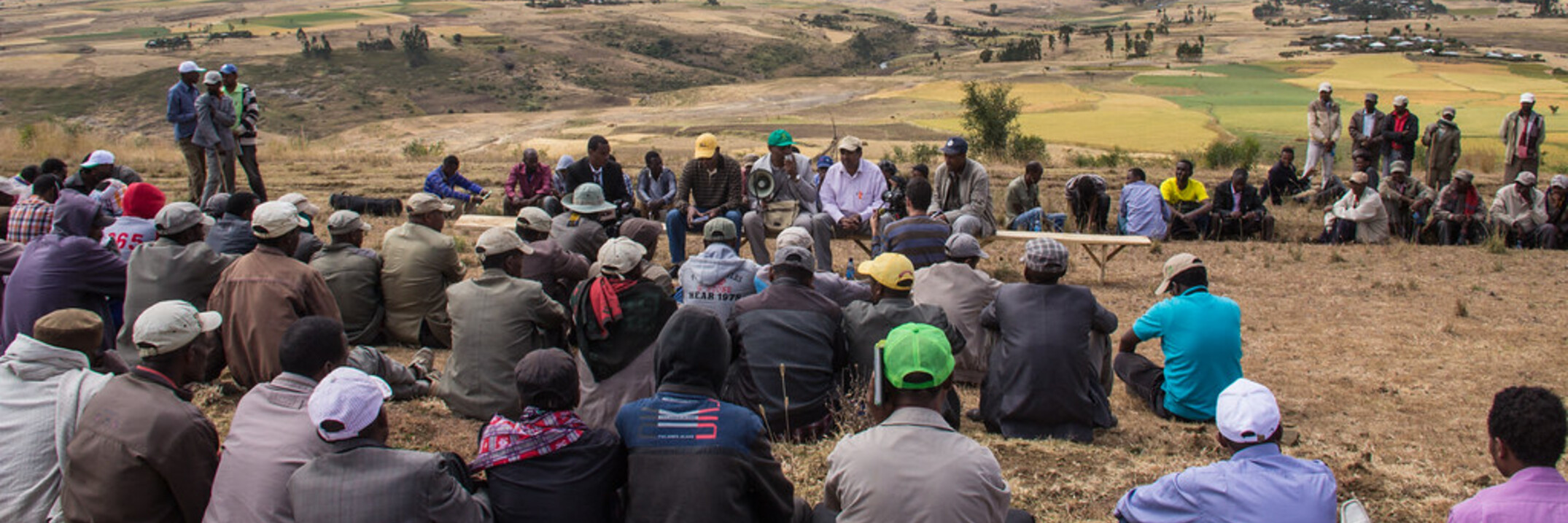One of the challenges of eco-efficient agriculture is the development of operational farming practices to increase the level of agricultural production, maximize the efficiency of resource use and reduce environmental impacts. Based on the efficiency...


